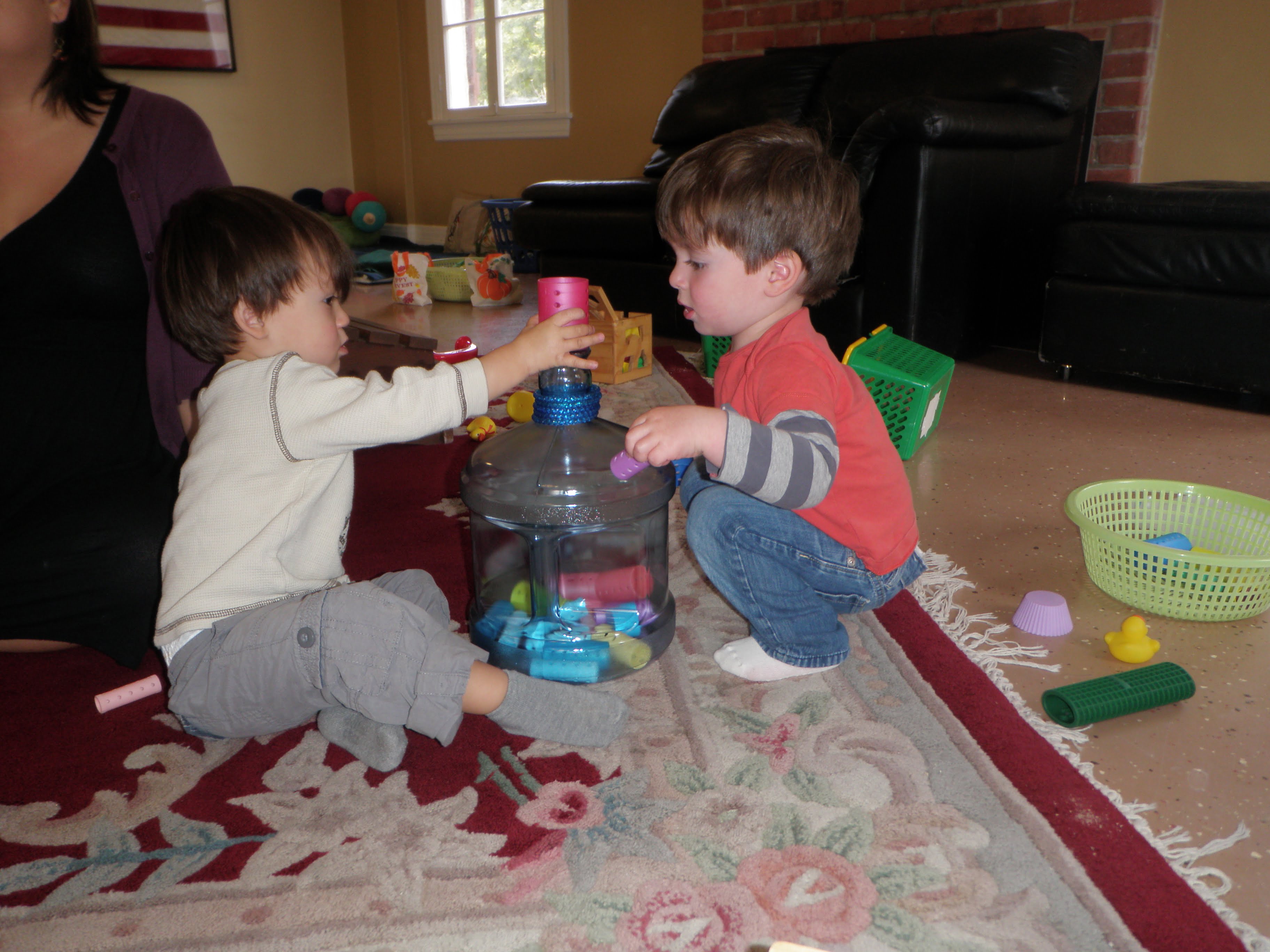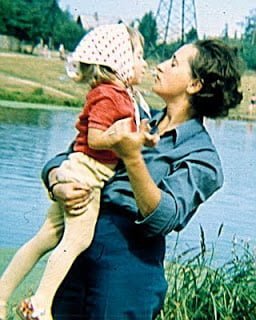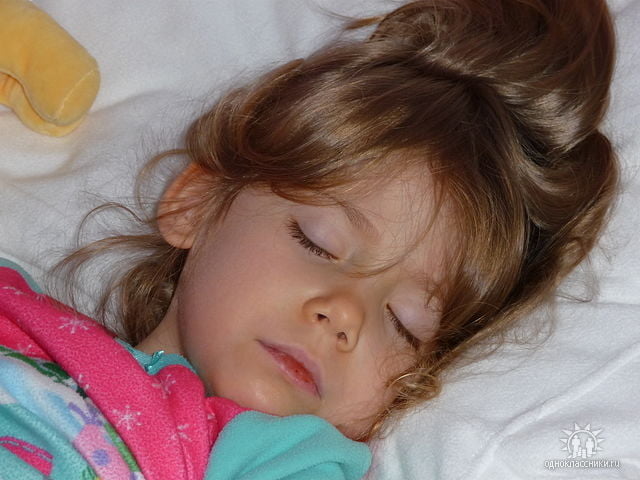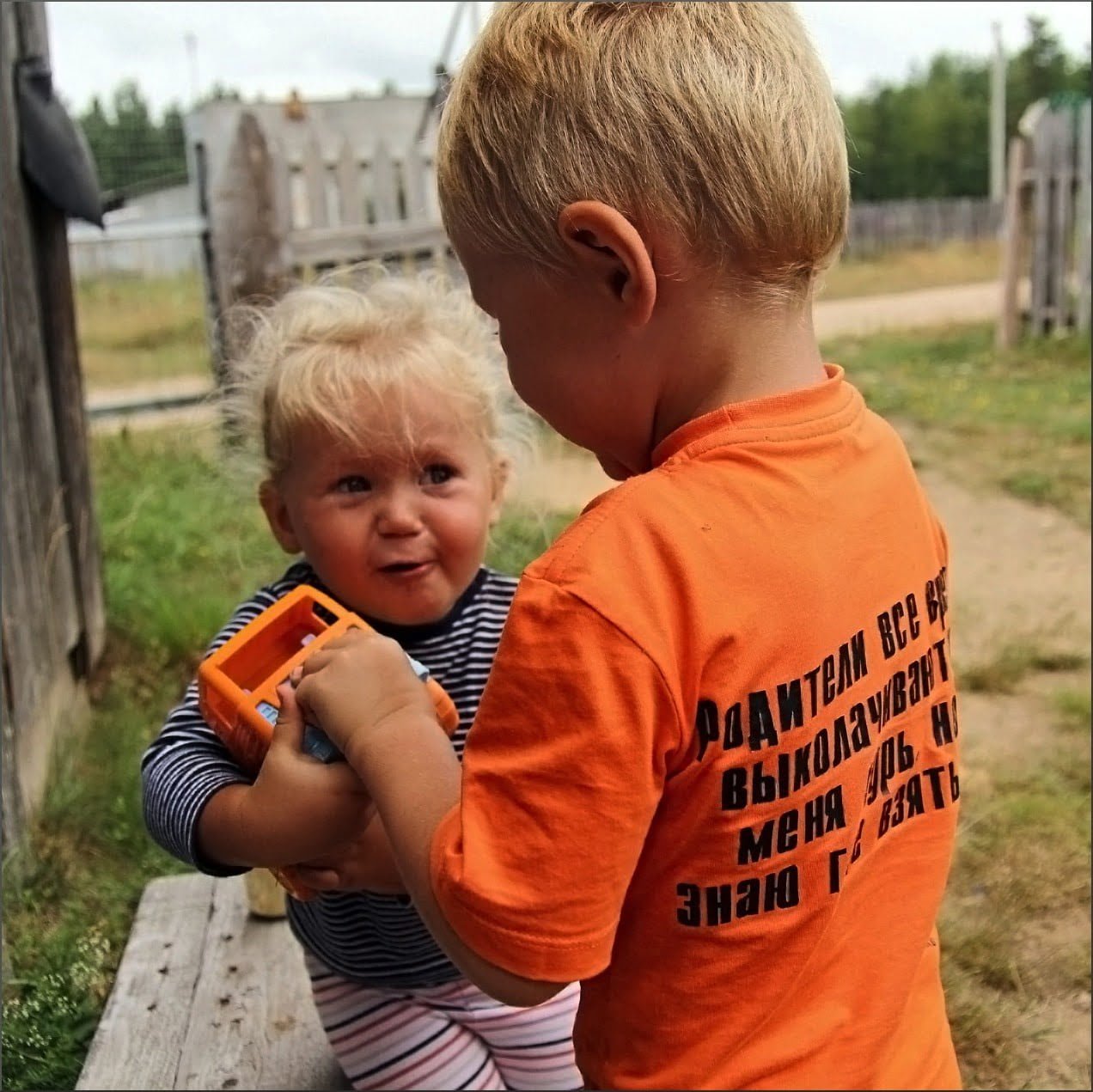For young children, low-intensity parallel play can quickly escalate into a high-intensity exchange. When toddlers feel overwhelmed, they begin to struggle with regulating their emotional and behavioral responses. We view these conflicts as tremendous learning opportunities where an adult can step in to help children co-regulate and problems solve together.
Consider this scenario:
Mark was rolling balls through a maze. Ivan sat next to me and started rolling balls through the same maze. They both watched the balls rolling down with excitement and searched for more balls on the ground. Sometimes they put the balls into the same maze, and at first, it seemed okay with both boys, until Mark suddenly chose to hold on to the whole maze. He yelled, “Mine!” Ivan too held on to the maze tightly and pulled, demonstrating his disagreement with Mark. As it did not look safe, I placed my hand on the maze but didn’t take it away.
The boys screamed loudly, making it difficult to hear and talk. I reassured both boys by saying, “I’m holding on and will not let go because it does not look safe,” and then I just paused.
Both boys had tears in their eyes, their faces turning red, and they continued struggling for a while. After a few minutes, Ivan decided to let go of the maze and crawled away. He came back with a similar maze and to my big surprise said, “I helped Mark.”
After that, both of the boys got up and went to do something else together, as though nothing had happened. Another friend, Lily, commented, “Looks like they don’t want to play with that house” (the maze looked like a house with a red roof).
It is of great value for children to be involved in such conflict situations. An amazing learning experience that is very challenging to rebuild later on in life.
Let me know if you need more information about RIE® Parent-Infant Guidance™ Classes.
Wishing you all the best in this difficult yet exciting journey of parenting!
Warmly,
Teacher Kira















